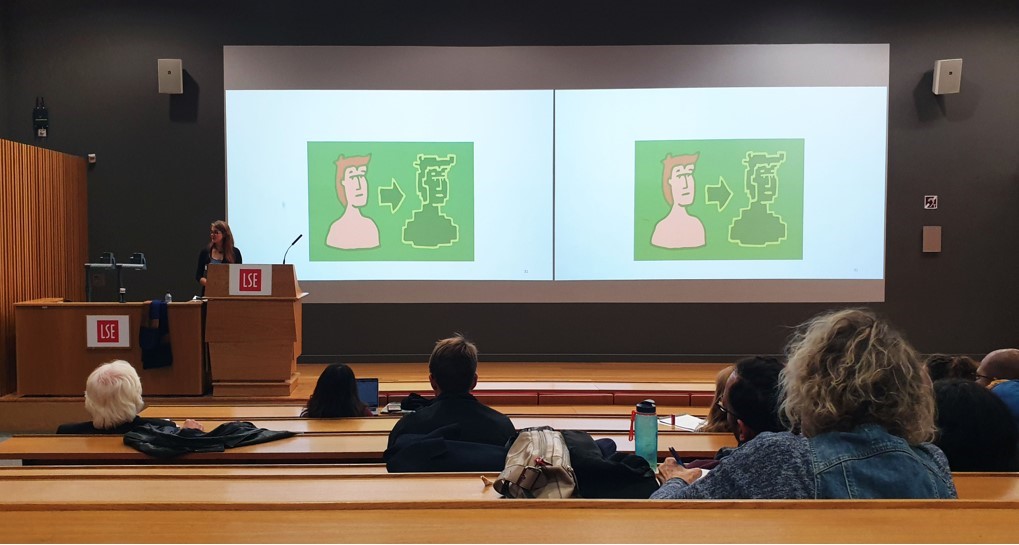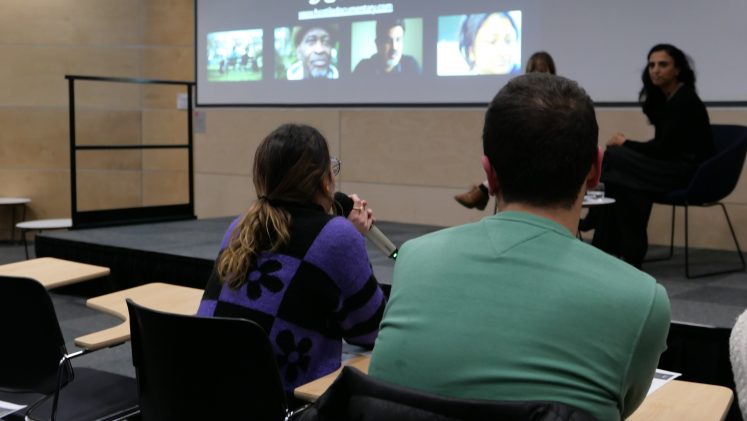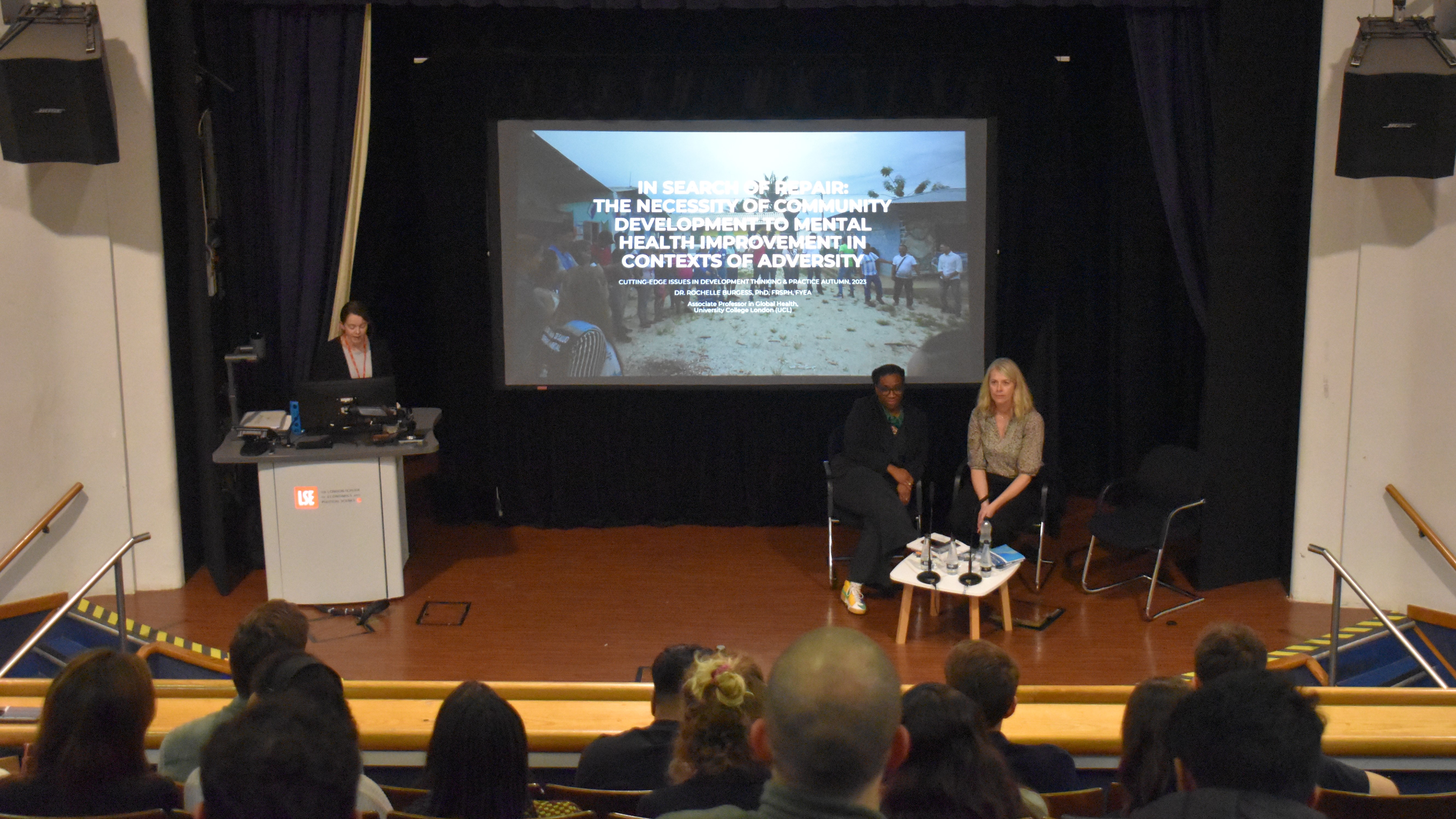Alev Kayagil, Thomas Hill, and David Riveros García, masters students taking Policy, Bureaucracy and Development (DV450), tell us about their group research project which looked at the processes of educational reform in Mexico. You can read their full report here.
The low levels of education in the global south have primarily been attributed to poor policy-making of governments in developing countries. In Latin America, Mexico is significantly behind its neighbouring countries in education standards and performance levels. Mexico is an interesting case when assessing the constraints on education reform as it has the largest teachers’ union in Latin America, Sindicato Nacional de Trabajadores de la Educación (SNTE) with deep historical and political roots. This major player in education policy represents the interests of Mexico’s primary and secondary school teachers. Surprisingly, however, it has been a tenacious interest group that has trumped government education reform initiatives.
Over the past two decades, multiple government-led, education reform initiatives have met significant resistance from the SNTE; its relationship with the government has usually been characterized as one of conflict and, at times, violence. Poorer states such as Guerrero and Oaxaca, where more radical factions of the SNTE exist, have seen clashes between protesters and police leading to deaths and imprisonment of leaders. As a result of protests, many students spend months without schooling leaving them behind in performance and learning outcomes.
It is useful to understand why education reform policies have been met with such fierce opposition from the SNTE. In addition to the strong solidarity network of the SNTE built up over the decades, it is worth highlighting that the SNTE have been able to permeate key policymaking positions within Mexico’s Ministry of Education. Representing around 1.5 million teachers in Mexico, the SNTE has been vocal in opposing any state-led intervention schemes. As much as people would like to believe the good intentions of the SNTE in protecting teachers’ rights, it is characterized by corruption and collusion between its leaders and politicians. This is most famously seen in the former, currently imprisoned leader, Elba Esther Gordillo, who was convicted in 2013 of embezzling $126 million of the union’s funds in offshore accounts.
This group project aimed to look at the processes of educational reform in Mexico in three presidencies, specifically the ways each president attempted to increase student performance through examinations, teacher evaluations and building political alliances. It is important to look at these reforms in order to understand how much power collective bargaining processes and incentive structures have in the bureaucratic relationships in social service delivery such as education. Highlighting formal and informal power relations in creating and reforming education policies is essential to understand the limitations and challenges going forward.
The case of Mexican education reform is unique in that it shows the space that can be created for greater civil society and citizens demand for increased accountability and transparency. The culmination of previously enacted reforms enabled civil society organizations such as Mexicanos Primer, México Evalúa and Suma por la Educación to push their campaigns forward and raise awareness on the shockingly poor state of education. These efforts contributed to current President Peña Nieto in formulating concrete reforms and pushing reforms through contributing to the waning of SNTE power within government and society. This case illustrates that grassroots action should not be underestimated in bringing about policy change. The successive reforms enacted by previous regimes culminated in a more transparent intervention in bringing about education reform through a CSO-led accountability process.
____
This report was a requirement under DV450: Policy, Bureaucracy and Development: Theory and Practise of Policy Design, Implementation and Evaluation. This report enabled us to use a case study in analyzing public policies and practises of design and implementation. Using the principal-agent framework the course forces students to explore the tradeoffs in which politicians delegate tasks to bureaucrats and how to ensure transparency and accountability in the policy cycle. Since a majority of development failures are a result of government incapacities, this case study on Mexico provided us with a practical understanding of the specific forces and power structures dominating policy making and the necessary interventions in overcoming issues such as corruption and elite capture.
Alev Kayagil is an MSc Development Studies student. Her research interests include post-conflict development, women’s economic empowerment, urban social policy and its role in integrating marginalized and minority groups in cities in the Global South.
Thomas Hill is an MSc Development Studies student. His current research interests include the use of big data in developing countries.
David Riveros García is an MSc Development Studies student. His research interests include information and communication technologies for development (ICT4D), citizen engagement, transparency and social accountability, youth political participation, and strategic non-violent conflict.
The views expressed in this post are those of the author and in no way reflect those of the International Development LSE blog or the London School of Economics and Political Science.





